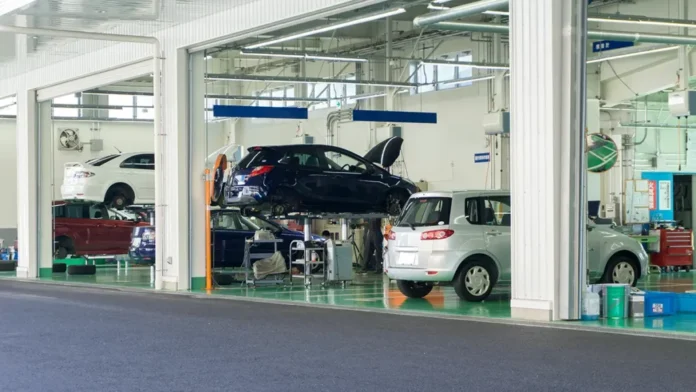A Kenyan court has reversed a government decision that had effectively banned a prominent Japanese vehicle inspection firm from operating in the country, offering a reprieve to importers and dealers who rely on pre-export checks for second-hand vehicles.
The ruling, delivered by the High Court in Nairobi, quashed the government’s decision to terminate the company’s contract, declaring it unlawful and procedurally flawed.
The inspection firm had been contracted to carry out mandatory roadworthiness checks on used vehicles destined for the Kenyan market, in line with regulations aimed at ensuring vehicle quality and safety.
In its judgment, the court found that the government failed to follow due process when it removed the firm from the list of authorised inspection service providers.
The judges cited a lack of sufficient notice, inadequate justification, and absence of stakeholder consultation as key violations of administrative fairness.
The Japanese firm, which had been operating in Kenya for over a decade, had its services abruptly halted earlier this year, causing disruption in the importation of used cars and concern among industry players.
Many importers depend on certified inspections from recognised third-party agencies to comply with Kenya Bureau of Standards (KEBS) requirements before landing vehicles at Mombasa port.
Following the ban, stakeholders in the motor vehicle industry raised concerns about delays, added costs, and a potential rise in the importation of substandard vehicles if inspection capacity was undermined.
Some dealers had already begun diverting their inspection services to alternative providers, though many expressed preference for reinstating the long-serving Japanese company due to its reputation and efficiency.
The court’s decision paves the way for the reinstatement of the firm’s operations, subject to regulatory compliance. It also serves as a reminder to government agencies about the legal obligations tied to public procurement and contractual decisions.
Industry watchers are now waiting to see how KEBS and the Trade Ministry will respond to the ruling, especially regarding future inspections and contract renewals. The decision may also encourage other service providers facing similar challenges to seek judicial redress.
Written By Ian Maleve

















